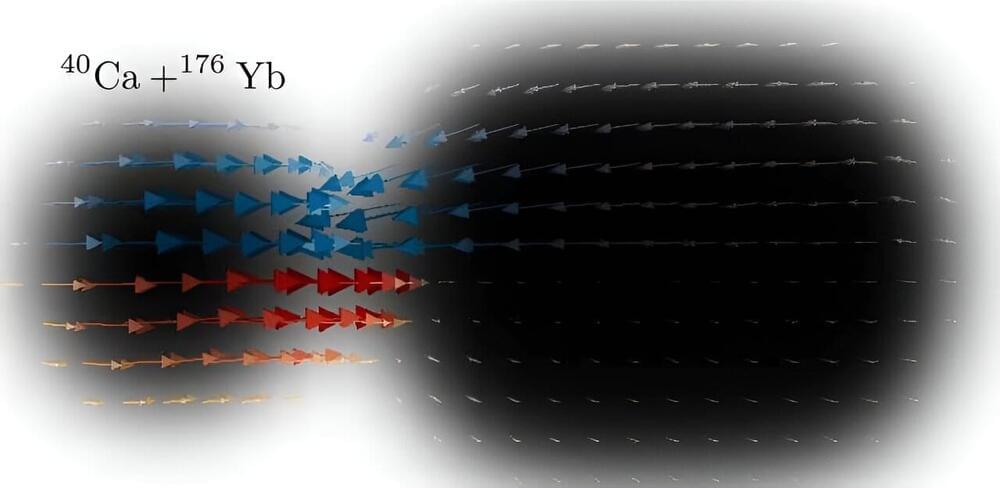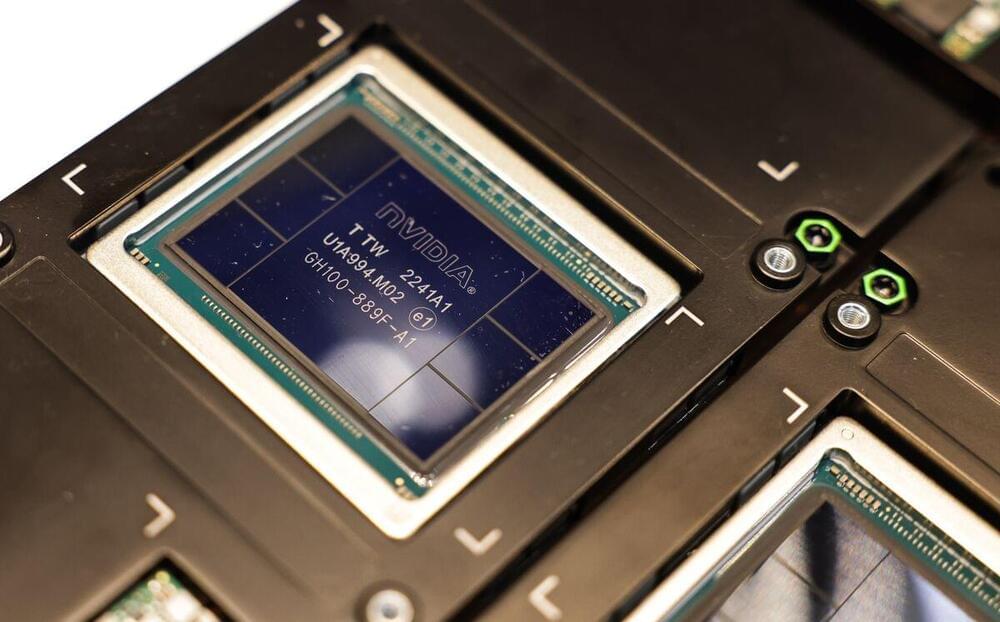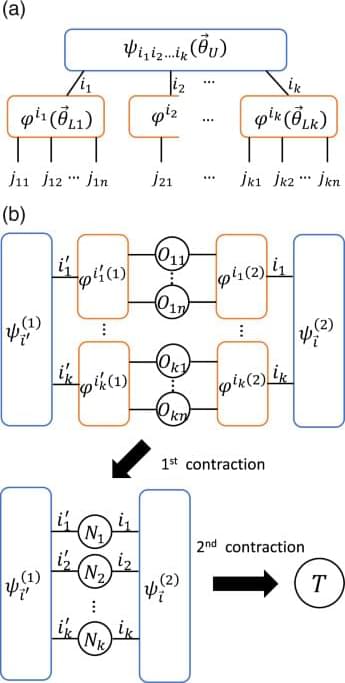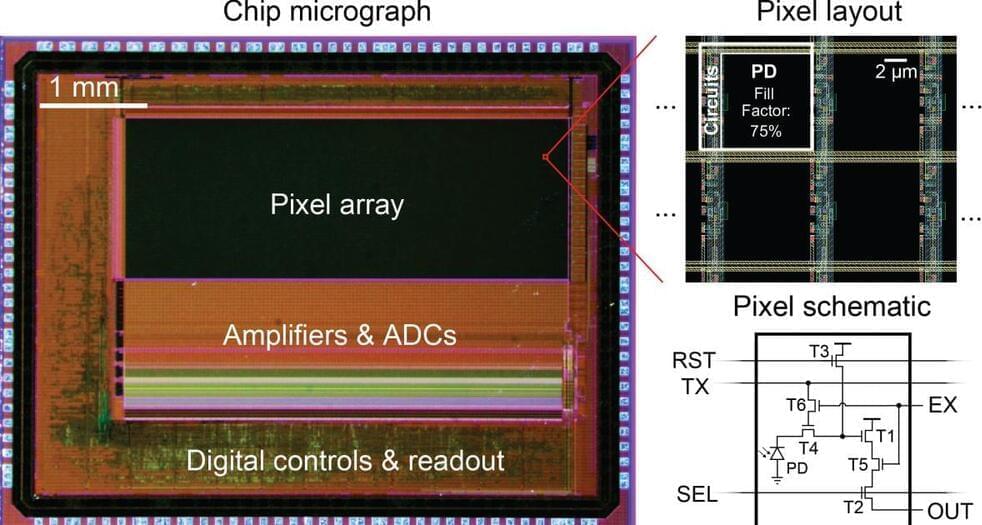A recent study has explored the influence on low-energy fusion processes of isospin composition. This is a key nuclear property that differentiates protons from neutrons. The researchers used computational techniques and theoretical modeling to investigate the fusion of different nuclei with varying isospin configurations. The results show that the isospin composition of the nuclei in a fusion reaction plays a crucial role in understanding the reaction. The paper is published in the journal Physical Review C.
In this study, researchers at Fisk University and Vanderbilt University used high-performance computational and theoretical modeling techniques to conduct a detailed many-body method study of how the dynamics of isospin influence nuclear fusion at low energies across a series of isotopes. The study also examined how the shape of the nuclei involved affect these dynamics. In systems where the nuclei are not symmetrical, the dynamics of isospin become particularly important, often leading to a lowered fusion barrier, especially in systems rich in neutrons. This phenomenon can be explored using facilities that specialize in the generation of beams composed of exotic, unstable nuclei.
The findings provide critical knowledge regarding the fundamental nuclear processes governing these reactions, which have broad implications for fields such as nuclear physics, astrophysics, and, perhaps someday, fusion-based energy.








